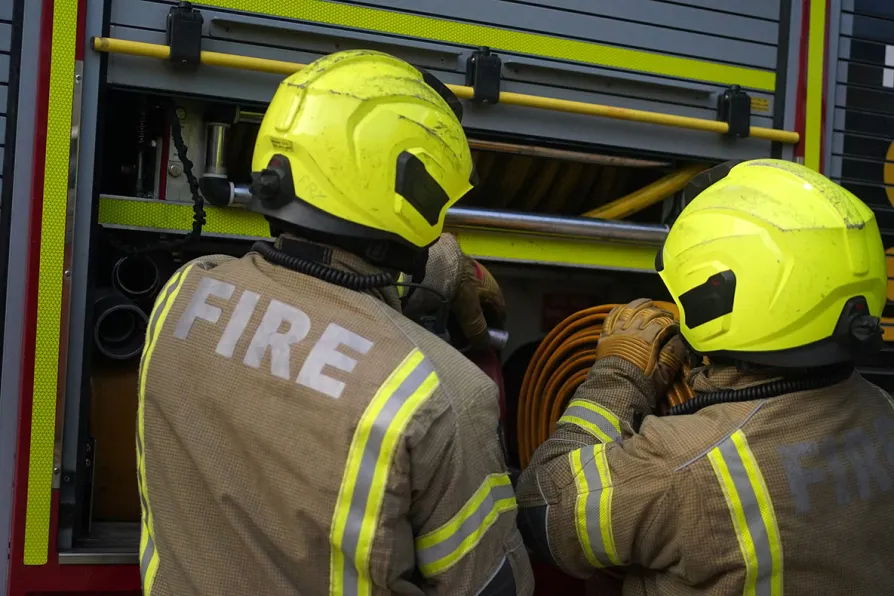As tens of thousands return to the streets for the first national Palestine march of 2026, this movement refuses to be sidelined or silenced, says PETER LEARY
The FBU is demanding 52 weeks of full pay for women firefighters, highlighting the unique health risks they face — and the continuing need to recruit and retain more women if policies like this are still not in place, writes SEONA HART

 Firefighter officers running through a practice drill during a London Fire Brigade facility at Poplar Fire Station in London
Firefighter officers running through a practice drill during a London Fire Brigade facility at Poplar Fire Station in London
THE provision of paid maternity leave for firefighters across Britain is a postcode lottery. Firefighters in Scotland are paid up to £16,400 less than some of their counterparts in other parts of the country. In a league table of maternity pay, Scotland sits at the bottom of British fire authorities.
The Fire Brigades Union will this week lobby MSPs at the Scottish Parliament to demand fair treatment for Scottish firefighters when it comes to maternity leave.
Firefighters are regularly exposed to hazards and toxic contaminants released from fires. Many are potentially damaging to healthy reproduction and can cause stress and a wide range of diseases such as cancers, strokes and heart disease.
Research has also shown that the impact of contaminants affects not only expectant mothers but also the developing foetus. Even after pregnancy, breastfeeding babies can continue to be at risk of exposure to contaminants via their mother’s breast milk. It is therefore important that pregnant firefighters are protected from exposure to contaminants and physical stresses.
The current policy of the Scottish Fire and Rescue Service (SFRS) also runs contrary to the principles of the Scottish government’s Fair Work First framework and was highlighted in a recent FBU survey to be seen as a barrier to women joining the SFRS. Currently, less than 7 per cent of firefighters in the SFRS workforce are women.
The Scottish government and SFRS proclaim they want to recruit more women into the service and make it more equal. If they are genuine about this, then they must improve maternity pay.
The FBU is therefore seeking to extend the current arrangement for maternity leave to 12 months of full pay following the date of birth. Firefighters also want to ensure that pre- and post-birth provisions are addressed, ensuring that expectant mothers are protected from the industry’s related exposures.
The current situation leaves our members with as little as £184 per week to live on when their 26 weeks of full pay runs out.
The FBU is determined to put this right and ensure that all of Scotland’s firefighters can get 52 weeks’ maternity leave on full pay, just like our colleagues in a number of fire and rescue services in England and Wales.
The SFRS must take steps to protect its employees and their family members from these occupational health risks.
They can take immediate steps to help women firefighters by taking this simple and low-cost step.
We understand this provision affects, on average, fewer than 30 women annually; a change to 52 weeks’ maternity pay would therefore have a limited impact on the SFRS budget.
The Scottish government and SFRS must do the right thing, act now and enact this change.
Seona Hart is the regional treasurer of the Fire Brigades Union in Scotland.














